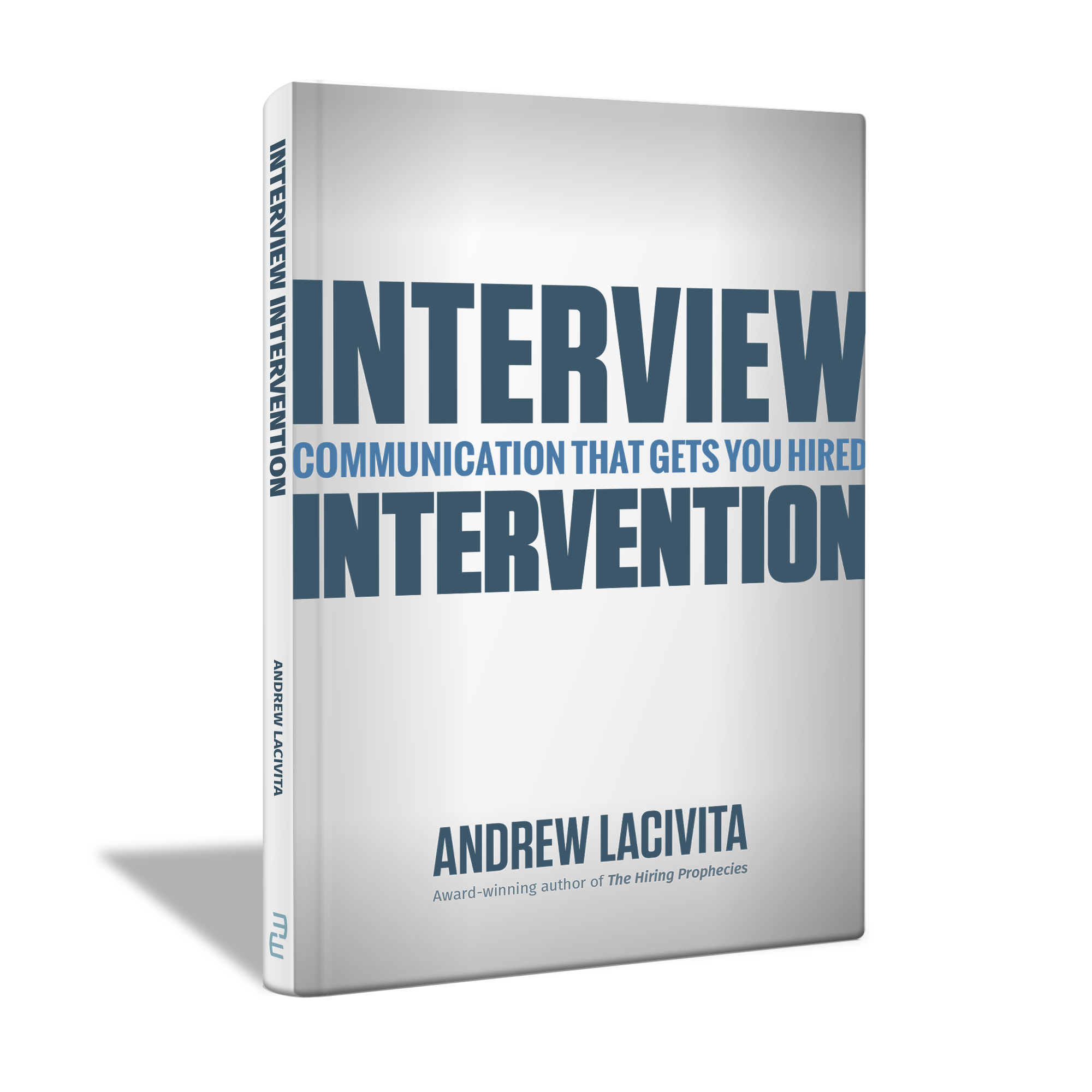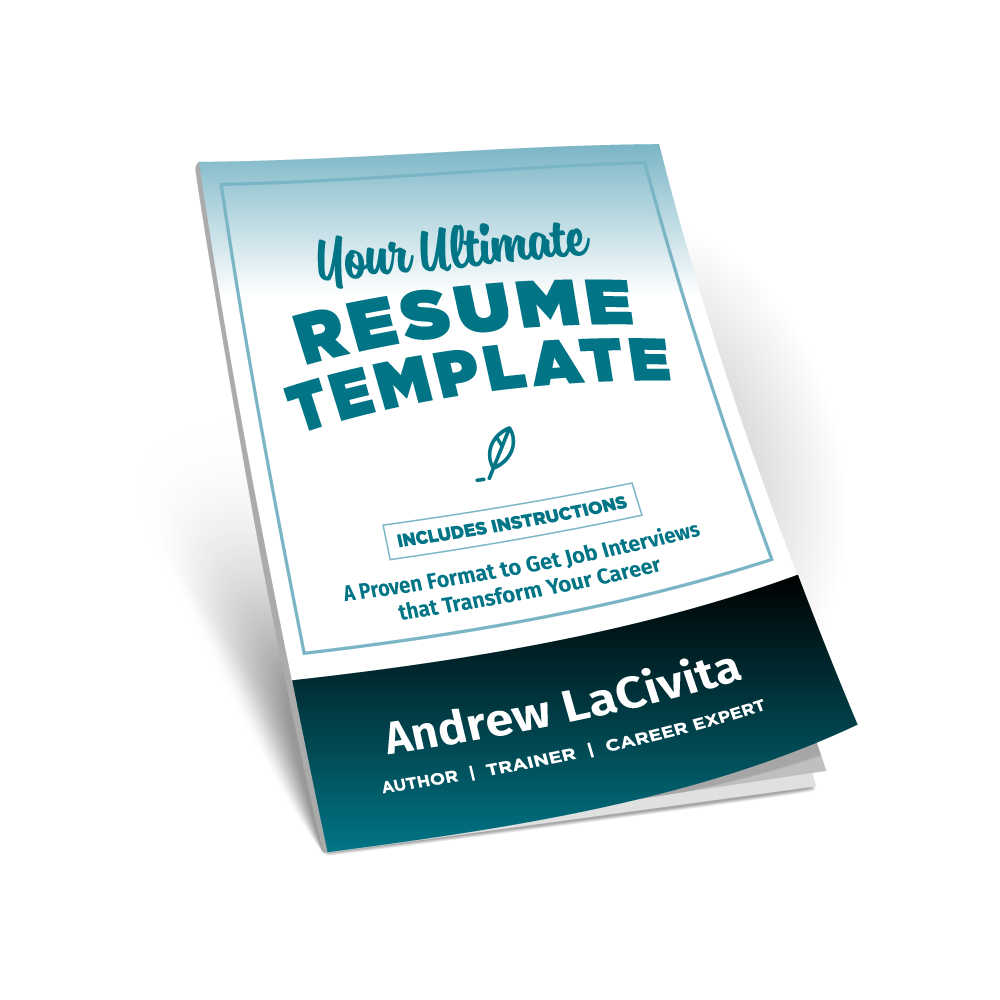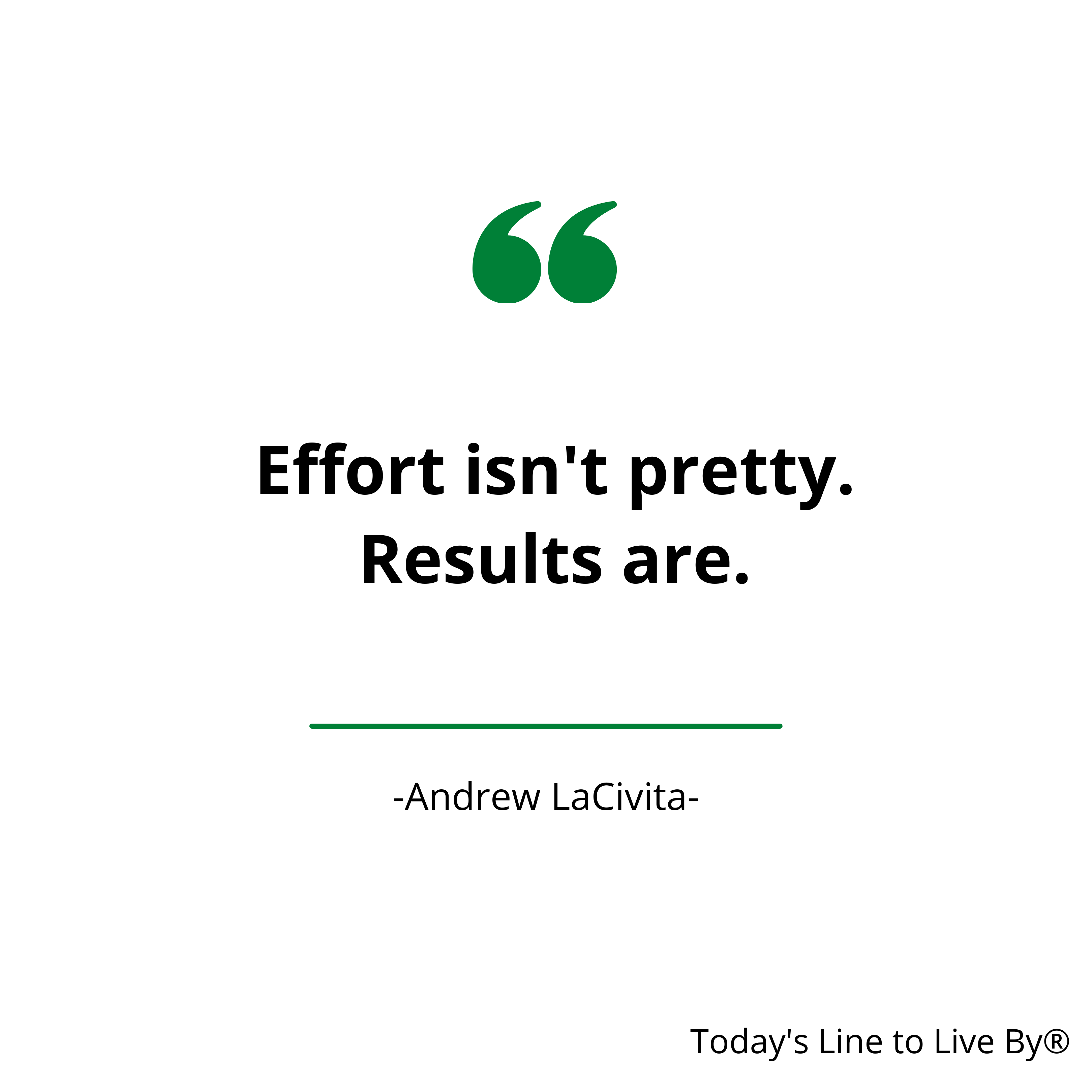As part of Interview Intervention: Communication That Gets You Hired, I included what I consider the 14 most effective job interview questions an employer can ask a job candidate. While there are loads of great interviewing techniques and questions, I feel it’s important to balance time and effectiveness when determining whether a candidate and employer relationship will be strong long-term.
To aid in that effort, I identified the 14 I consider the most comprehensive—to gain the best understanding of the candidate’s overall fit in the least amount of time. I am gradually releasing these through the blog and today’s is Number 12. You can see a complete list immediately by downloading a complimentary ebook from the milewalk website!
Effective Job Interview Question #12: What motivates you?
This question usually stands alone, but employers have also been known to explore outside your work-related motivations. For example, the interviewer might ask, “What motivates you outside the workplace?” to gain an understanding of your hobbies or interests.
This question is designed to determine whether you are a motivated individual in general as well as whether your interests are in alignment with the company’s needs. Obviously, it is not an effective match if you are interested in areas you would not have an opportunity to work in or that the company could not provide. This leaves two things to consider before responding. First, determine whether you have a good understanding of the position, and then highlight your motivations as they relate to the role (and potential future roles if you know those career options also exist). If the interviewer asks this question before you have strong understanding of the role, simply ask a clarifying question to ensure you can calibrate your answer. For example:
Candidate: “I have many motivations and interests related to my work life. Would it be most beneficial to highlight the ones most closely aligned to the role? If she indicates no, then go directly with your motivations in general and use your best assessment of the role to match them. If she indicates yes, then continue with the following question. Then can you share a little bit more about the main responsibilities so I can provide you an accurate picture?”
You might be hesitant to answer a question with a question. I don’t consider this evasive unless you continually follow up with question after question. If you can show the interviewer that you are trying to help her get the most relevant information in the shortest amount of time, she will appreciate that. Using pointed follow-up questions such as the one cited in the example will help you acknowledge that you want to answer the question directly. It will also ensure you are providing the most pertinent information to help the interviewer assess you.









Leave A Comment